Experts and high performing graduates reveal the secrets on how to ace school studies
Not all study is good study according to two education experts and two students who just aced their year 12 studies. See what they did to succeed.
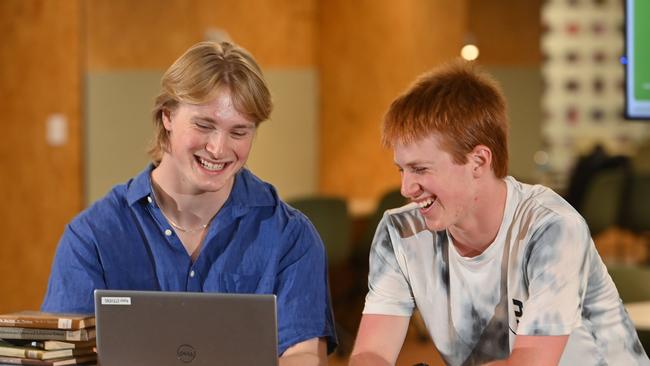
SA News
Don't miss out on the headlines from SA News. Followed categories will be added to My News.
Studying is a science.
Some methods and resources are more effective than others and it will save students time to know which are the best for their needs.
With the 2025 school year beginning for most students around the country next week, here are the tips and tricks to give them the biggest leg up.
Experts in the science of studying, Centre for Independent Studies research fellow Trisha Jha and University of Adelaide education guru Dr Tom Porta have answers to some of the biggest issues students have with learning.
Types of learners
For a long time, a common belief among teachers was that students had set ways of learning such as through one of visual, auditory or tactile methods.
But Ms Jha says this is a common misconception.
“You wouldn’t be able to learn about the water cycle or a food web in science without something visual but also written material,” she says.
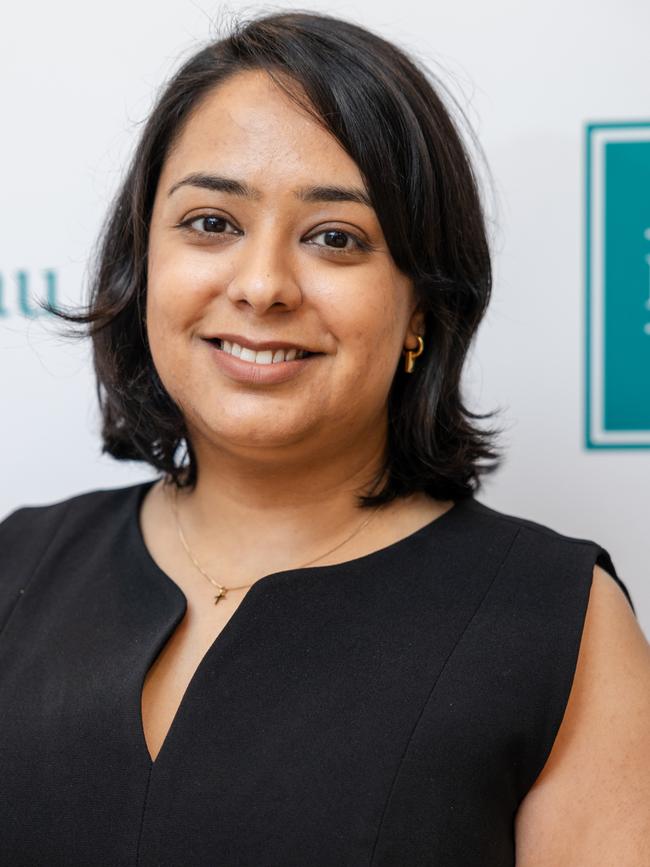
Dr Porta says students will come to school with different skills and capabilities, but that “learning is often easier when it’s quite structured and they know what’s expected of them”.
“Really clear goals in classrooms are really important and that’s even more important at home with homework,” Dr Porta says.
How to create a study schedule
A study schedule can keep students on track and make sure time is used in the most effective way.
Ms Jha says the first step in creating a study schedule is to make it achievable.
Her advice is to break study down into half an hour blocks and different sets of topics, including time away from the books.
Dr Porta says students should be having conversations with their parents to keep them accountable in tandem with having a study schedule.
“It’s about not being so hard on yourself and recognising that balance is important,” he says.
“Ridiculous periods of time on study is not a balanced approach.”
How to build good study habits
Building positive study habits is best done earlier in schooling.
“Habits are difficult to build for the best of people and it’s going to be harder if you haven’t built that up leading to year 12,” Ms Jha says.
“But that doesn’t mean it’s too late.”
Minimising bad habits such as becoming distracted are also imperative to successful study.
“People think it’s easier to work with music but the truth is, unless you’re in a noisy environment, music can be a distracter,” she says.
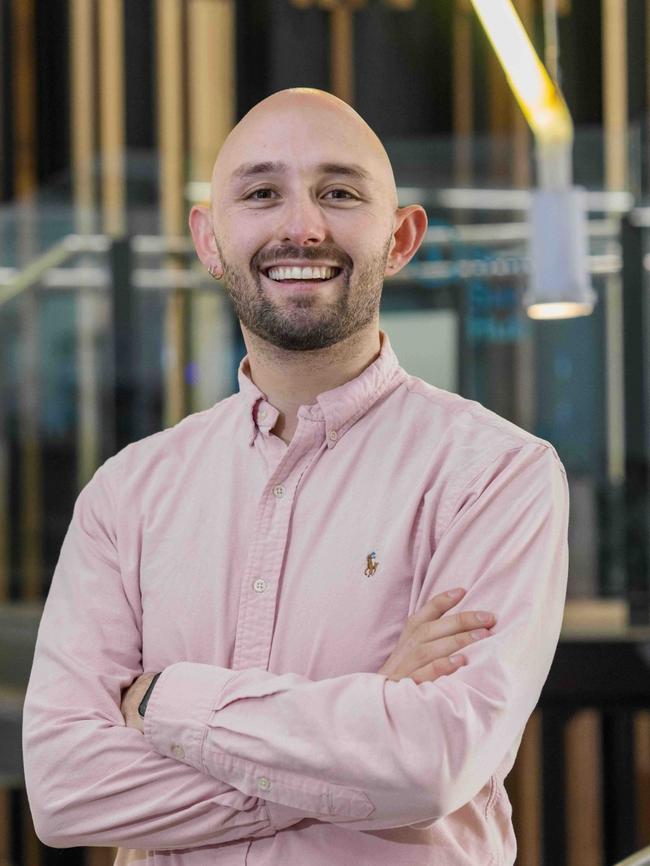
Dr Porta says students and parents need to create spaces that “eliminate distractions”.
“You’ve got to shift that mindset that homework is sitting at a computer and writing notes,” he says of the issues with computers being a distraction.
Best approach for year 12s
Year 12s can benefit from certain methods of learning.
Spaced practice, or what Ms Jha refers to as “the opposite of cramming” involves breaking content up over a long period of time.
Retrieval practice involves answering questions from memory.
Interleaving involves defining clearly the distinctive features of certain types of problems.
“If you’re learning a foreign language and you want to practice past tense verb structures, you might mix it up with future tense,” she says.
“You can then identify differences.”
An issue particularly with year 12s, Dr Porta says, is making comparisons with their peers.
“It’s easy for year 12s to compare themselves to each other, but it’s really about quality over quantity,” he says.
In particular, year 12 students benefit most from downloading past test and exam papers.
“The content doesn’t change much, they might just ask questions in a different way,” Dr Porta says.
Resources
The education departments of most states and territories release course information accessible to parents and students to supplement learning from home.
For example, in Queensland, the government website provides support for 19 subjects such as chemistry and literature at all levels including senior school.
The experts also suggested websites such as Khan Academy, which should be used for universal concepts which may be seen in maths for example.
But Ms Jha advises caution with using outside sources of information as they may not be relevant for every state.
Dr Porta recommended programs such as Microsoft OneNote which allow students to put information all in the one place.
Online content in a variety of courses is also available from sites such as Jacaranda with a free trial and TED-Ed.
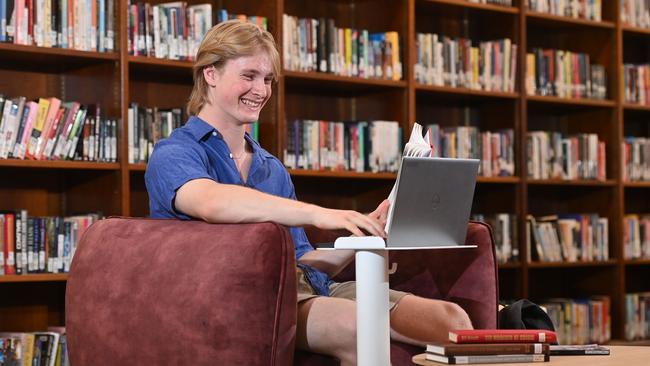
For 2024 high school graduates Edward Mickan and Ori Packer, achieving a 99 ATAR was a matter of discipline.
But Edward, 18, who scored a perfect 99.95 result, said “studying doesn’t have to be a horrible thing that’s a chore”.
“You can still do things you like,” the Immanuel College graduate said.
Maintaining activities outside of school such as debating, volleyball and seeing his friends allowed him to better stick to his schedule, which in the lead up to exams, included up to three practice papers a day.
His high score gained him entry into medicine at university.
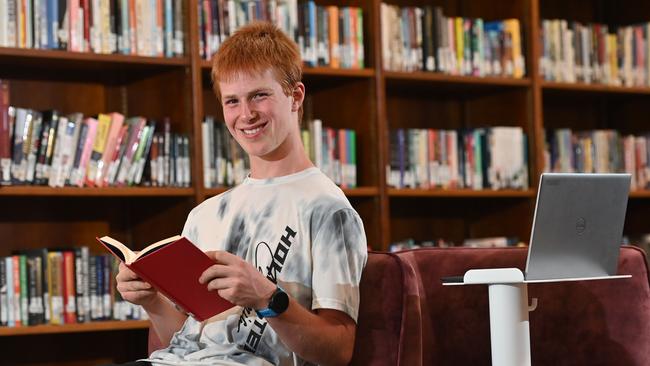
Ori, 18, achieved a 99 ATAR, as he “just kept on top of it and kept organised”.
“I never mastered how to learn content, I just did it,” the St John’s Grammar graduate said.
He used “lots of flash cards” and prioritised study on the weekend to achieve his result.
Ori will study a double degree of arts and science at university this year.





